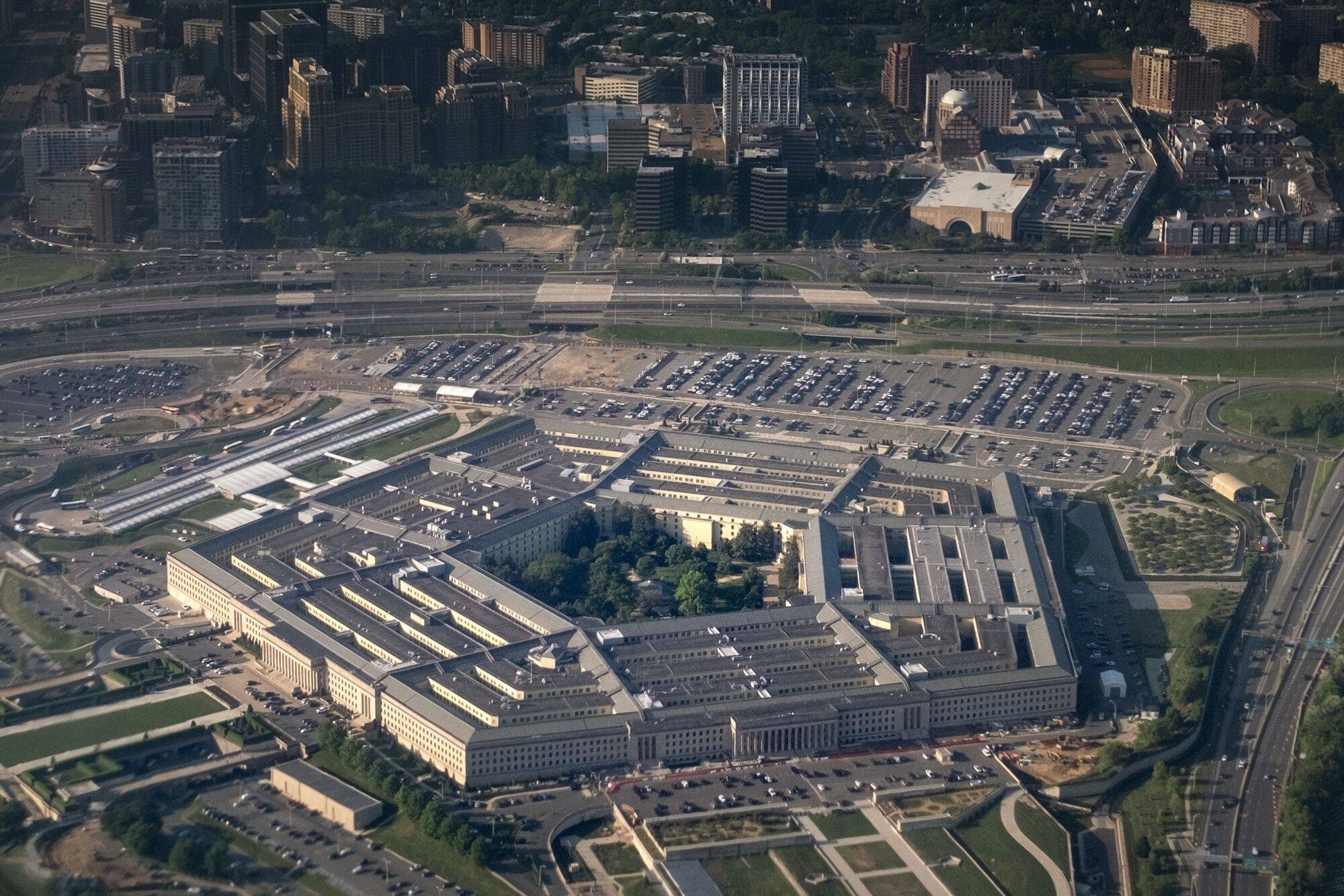When U.S. President Joe Biden announced sharp restrictions in October on selling the most advanced computer chips to China, he sold it, in part, as a way of giving American industry a chance to restore its competitiveness.
But at the Pentagon and the National Security Council, there was a second agenda: arms control. If the Chinese military cannot get the chips, the theory goes, it may slow its effort to develop weapons driven by artificial intelligence.
That would give the White House, and the world, time to figure out some rules for the use of AI in everything from sensors, missiles and cyberweapons, and ultimately to guard against some of the nightmares conjured by Hollywood — autonomous killer robots and computers that lock out their human creators.



